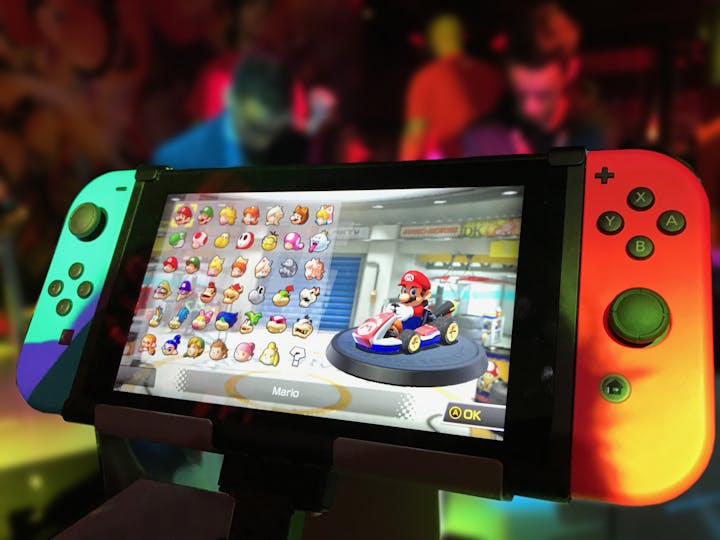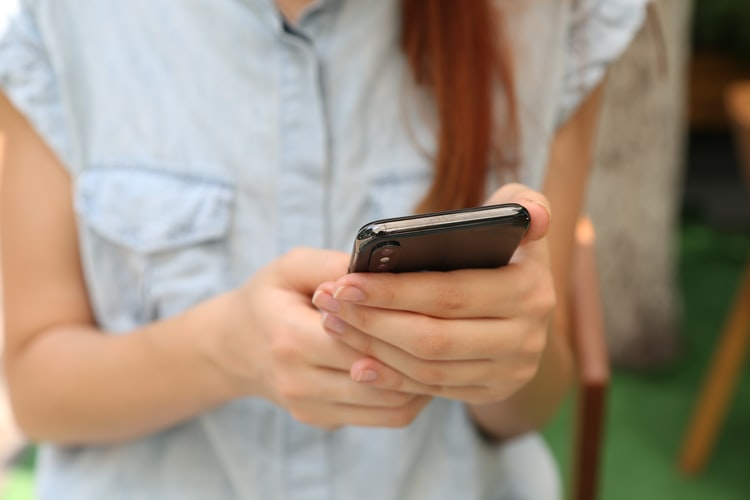In early May 2025, an article appeared in the magazine Game File. The piece addressed some new updates to the user agreement policy from Nintendo as it prepares to launch the eagerly awaited Nintendo Switch 2. In the simplest terms, eagle-eyed experts at Game File had spotted that Nintendo would render the device unusable should console owners tamper with it or engage in any game pirating behaviors. You can read a breakdown of what the terms mean here. Yet, you get the gist of it – Nintendo will shut down your console if you break its rules.
It is, of course, an interesting update for gamers. Now, it’s clear that 99% of gamers would probably never even attempt to play pirated games or modify the console, as the majority of us wouldn’t even have the technical skills to attempt the latter, but it has raised questions about the concept of ownership. When you buy a console, who owns it? You or Nintendo.
We know that the answer should be the former, you. And again, it’s most likely the case that that will never come up as an issue, but the fact that Nintendo has that kill switch has left many questioning its ethics. It is a complex question, certainly, but it raises a wider debate about ownership in a digital ecosystem.
The digital gaming landscape has changed
The first thing to say is that modern gaming is largely characterized by an abundance of choice through digitalization. As long as you have a computer, smartphone, or tablet, you can get access to everything from playing online with millions of players in an MMORPG game to going one-on-one with a dealer in a live blackjack game. It’s a stark contrast to the 1980s and 1990s when gamers were limited to physical copies of games.
With PC and smartphone gaming, the idea is that you can now play whatever you want – sometimes for free, sometimes for a price – when you want. There is also the admission that you must abide by the platform’s terms and conditions. For example, if you were being abusive to other players on Fortnite, you would fully expect to be banned from playing. That’s normal, and it doesn’t really sound controversial.
With console gaming, it is supposed to be a little different. You are no longer playing on an online platform controlled by a third party, at least on paper; you are playing on a device that you have bought, and you are playing a game that you have bought. The fact that a controlling hand can potentially stop you from afar and end your entertainment is upsetting for some players.
Nintendo wants to protect its business
It’s understandable that Nintendo wants to protect its business – it has been waging war against emulators for many years now – yet it is worrying that a company can have this level of control, and it is suggestive of the fact that you may own the physical materials used to a build a Nintendo device, but not the ‘product’ itself.
Users have also questioned what this means for digital services at large should other companies follow Nintendo’s lead. Could, for example, your car be shut down if you were speeding or using the wrong type of gas? Maybe Apple shuts down your iPhone should you add apps not sourced from the App Store? They may sound like extreme measures, but they follow the same logic applied by Nintendo.
In the end, this will probably go unnoticed by the average gamer. But you can feel there is some deep-rooted anger among many hardcore and tech-savvy players. They feel their rights are being trampled on, and that their ownership of their consoles is being cast into doubt.


